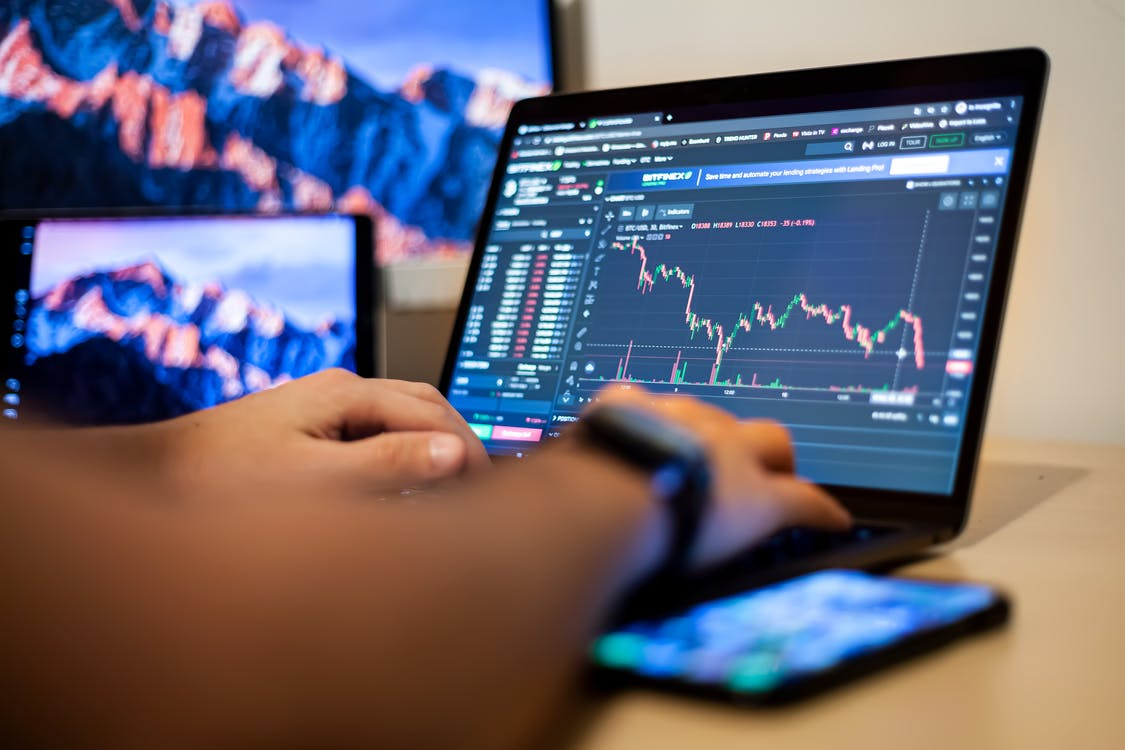ABCDou Insights
Exploring the world of news, trends, and information.
Forex Frenzy: Riding the Currency Wave
Join the Forex Frenzy and discover expert tips to ride the currency wave for profits! Don't miss out on your financial adventure!
Understanding Forex Trading: A Beginner's Guide
Understanding Forex Trading is essential for anyone looking to dive into the world of currency exchange. At its core, Forex, or foreign exchange, involves the buying and selling of currencies with the goal of making a profit. This market operates 24 hours a day, five days a week, providing ample opportunities for traders to engage in transactions. To get started in Forex trading, beginners should familiarize themselves with key terms such as pips, leverage, and margin, which are fundamental concepts that impact trading decisions and strategies.
Additionally, understanding the different types of Forex trading strategies can help novice traders develop their approach. Some popular strategies include swing trading, day trading, and scalping. Each of these methods has its own set of benefits and risks, and it's crucial for beginners to evaluate their own risk tolerance and time commitment before selecting a strategy. As you embark on your Forex trading journey, remember that education and practice are key to navigating this complex market successfully.

Top 5 Currency Pairs Every Trader Should Know
Understanding currency pairs is crucial for any trader looking to navigate the foreign exchange market successfully. The foreign exchange market operates on the valuation of one currency against another, and currency pairs are categorized into major, minor, and exotic pairs. Here are the top 5 currency pairs every trader should know:
- EUR/USD - The Euro vs. the US Dollar is the most traded currency pair, representing a significant portion of the forex market.
- USD/JPY - The US Dollar against the Japanese Yen is another major pair, favored for its liquidity and volatility.
- GBP/USD - Known as 'Cable,' this pair indicates how many US dollars are needed to purchase one British Pound.
- USD/CHF - The US Dollar paired with the Swiss Franc is considered a 'safe-haven' currency pair.
- AUD/USD - The Australian Dollar vs. the US Dollar represents the economic strength of Australia against the largest economy in the world.
Each of these currency pairs offers unique trading opportunities and insights into global economic conditions. By familiarizing yourself with the top 5 currency pairs, traders can enhance their market analysis and make informed decisions. Understanding factors such as interest rates, economic indicators, and geopolitical events can further refine your approach to trading in these pairs. Therefore, mastering the dynamics of these currencies will not only improve your trading skills but also build a strong foundation for a successful trading career.
What Factors Influence Currency Exchange Rates?
Currency exchange rates are influenced by a myriad of factors that can fluctuate over time. Interest rates play a significant role, as higher interest rates offer lenders in an economy a higher return relative to other countries. This often leads to an influx of foreign capital, which can increase the value of a currency. Other critical factors include inflation rates, where a lower inflation rate in a country compared to others typically boosts the currency's value. Additionally, political stability and economic performance can greatly affect currency fluctuations, as countries with less risk for political turmoil tend to attract more foreign investment.
Another major influence on currency exchange rates is the balance of payments position of a country. This refers to the difference between the value of exports and imports; a surplus tends to increase the value of a currency, while a deficit can devalue it. Additionally, market speculation plays an important role, where traders' perceptions about future moves in exchange rates can impact current rates. Lastly, central bank actions, such as interventions in the currency market or changes in monetary policy, can lead to significant shifts in exchange rates, underscoring the complex and dynamic nature of currency valuation.